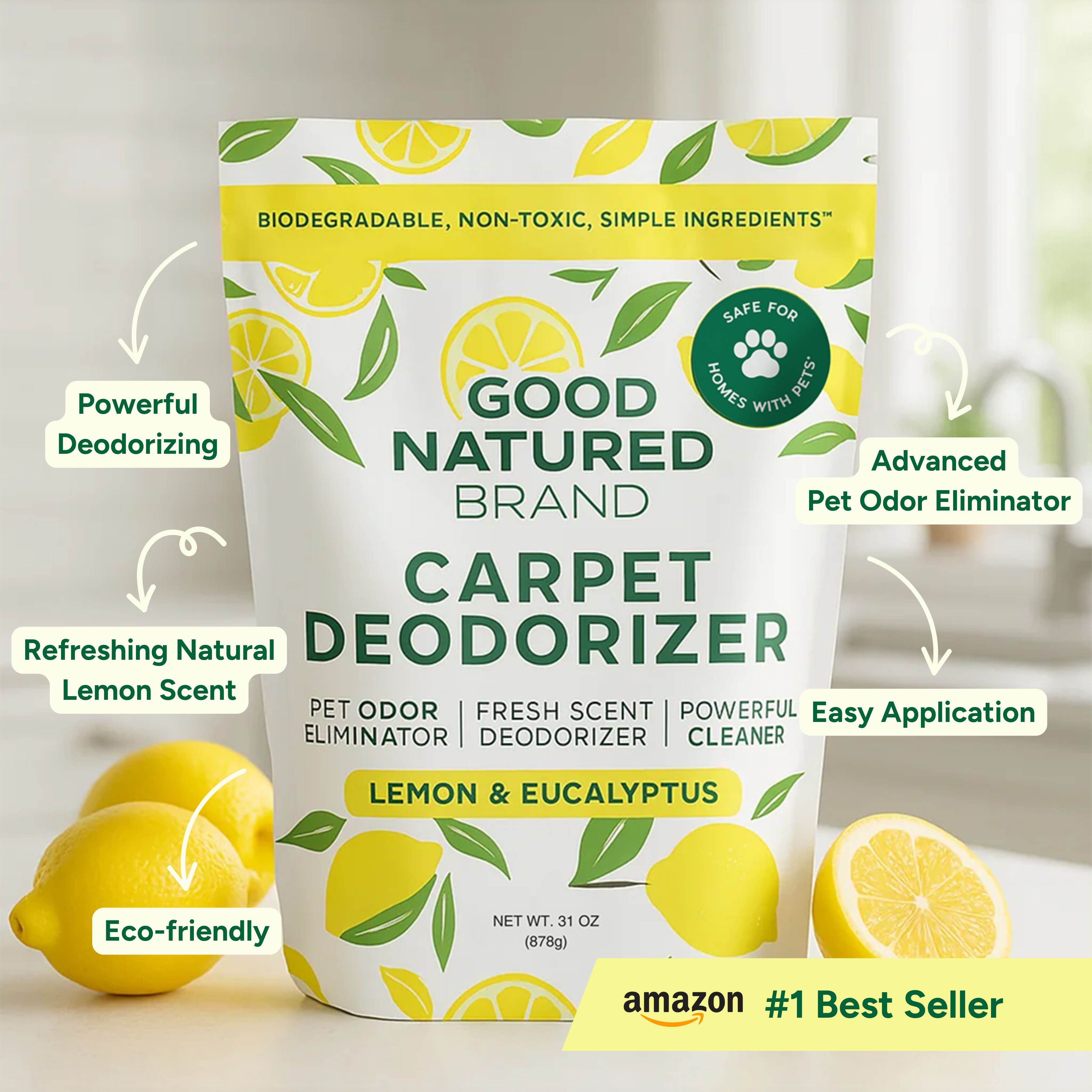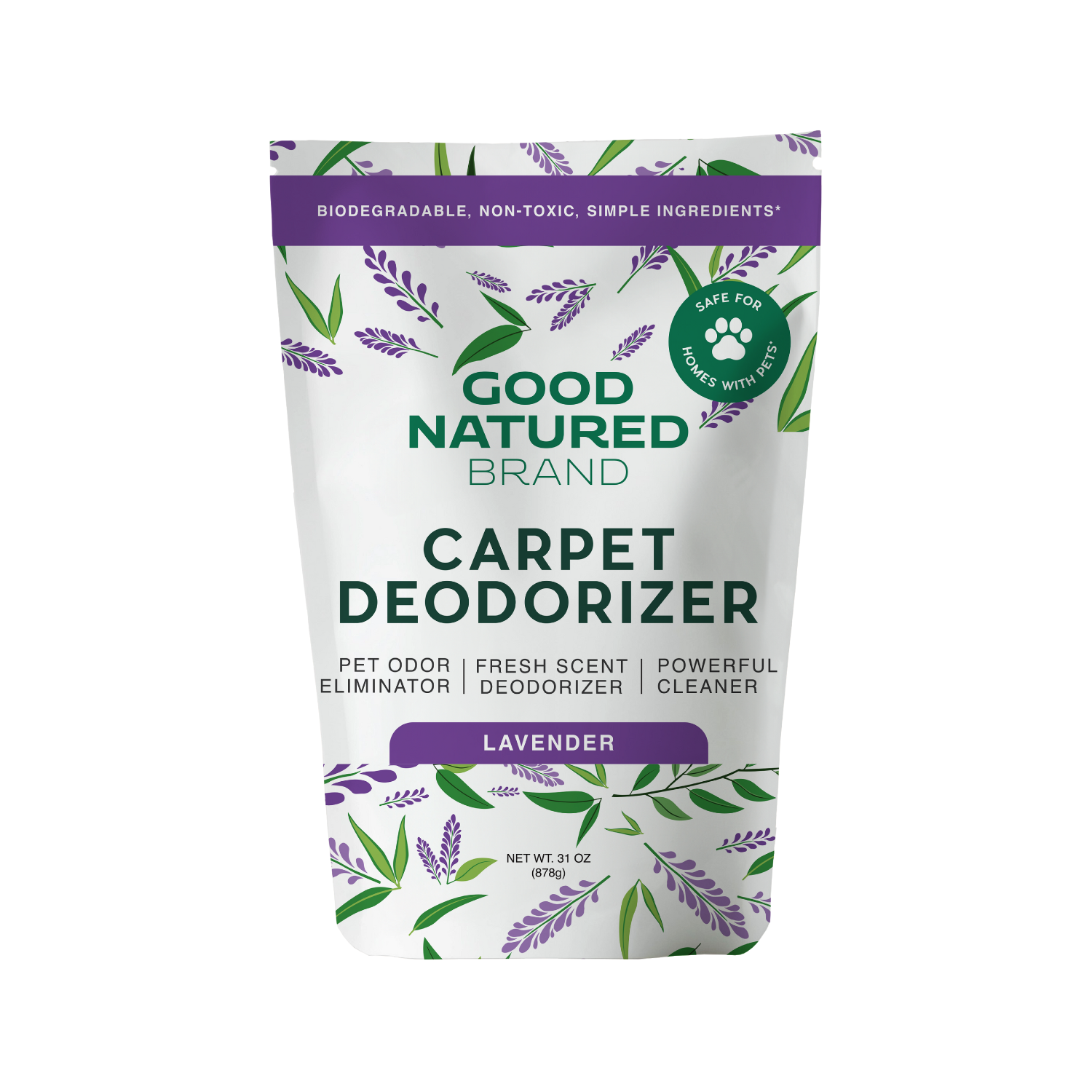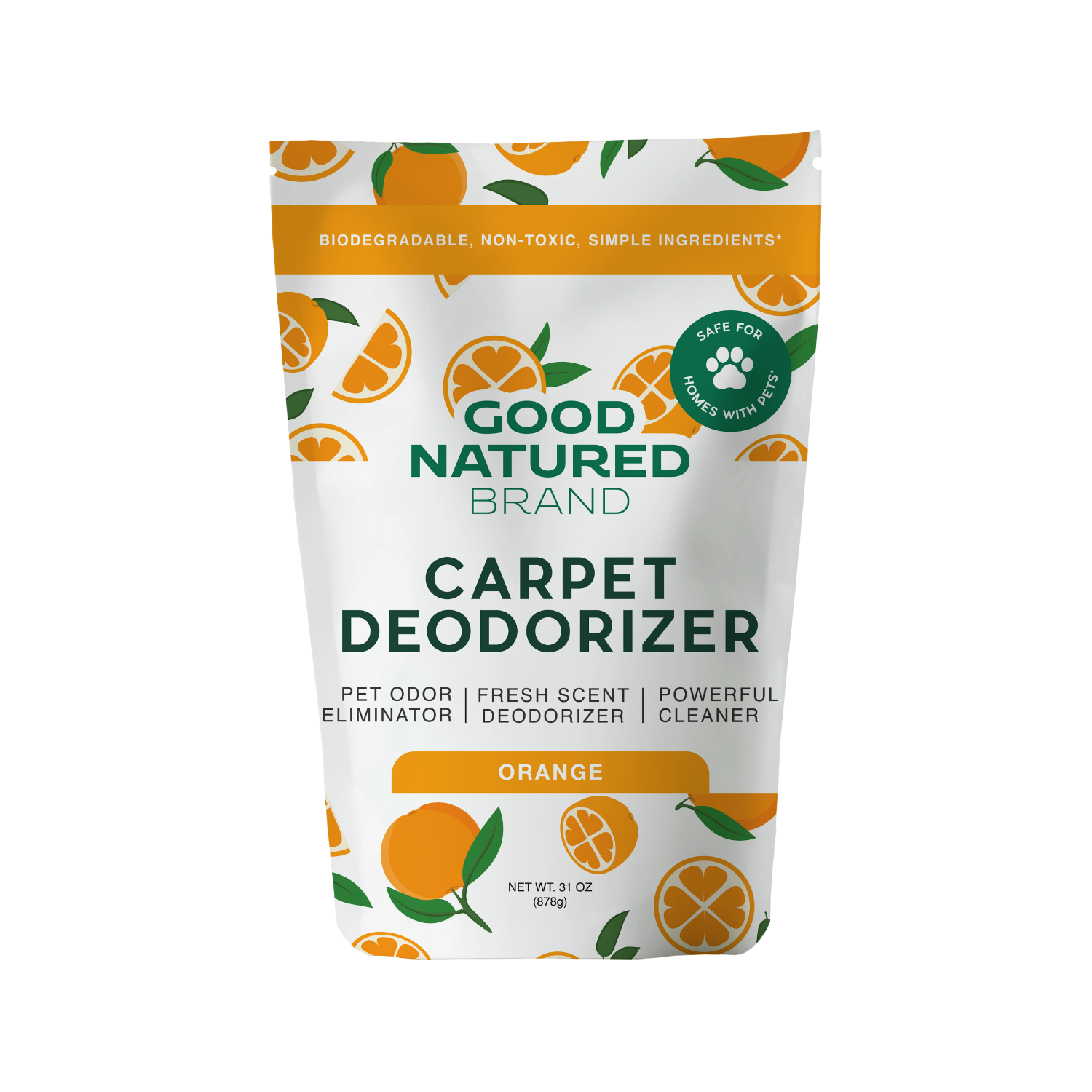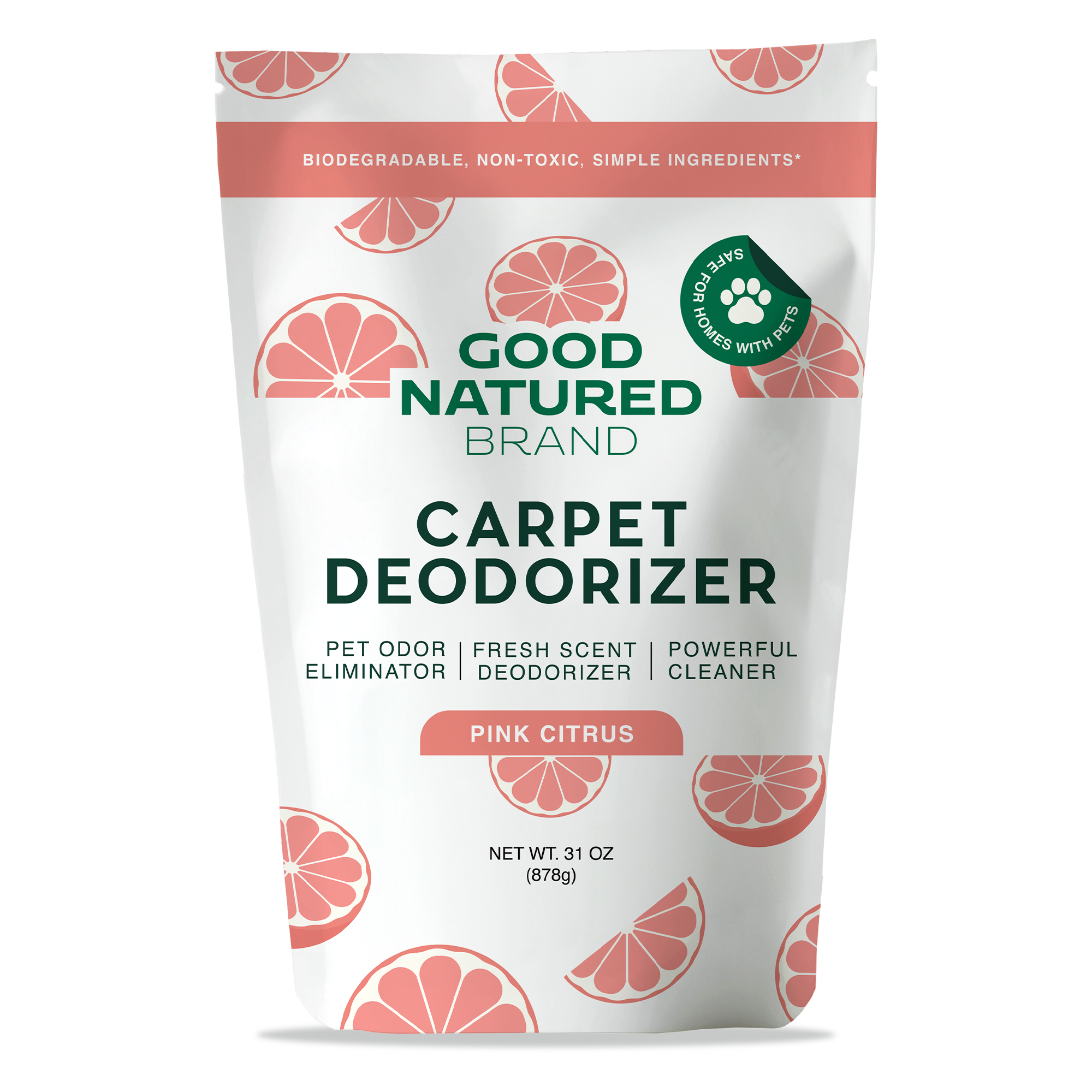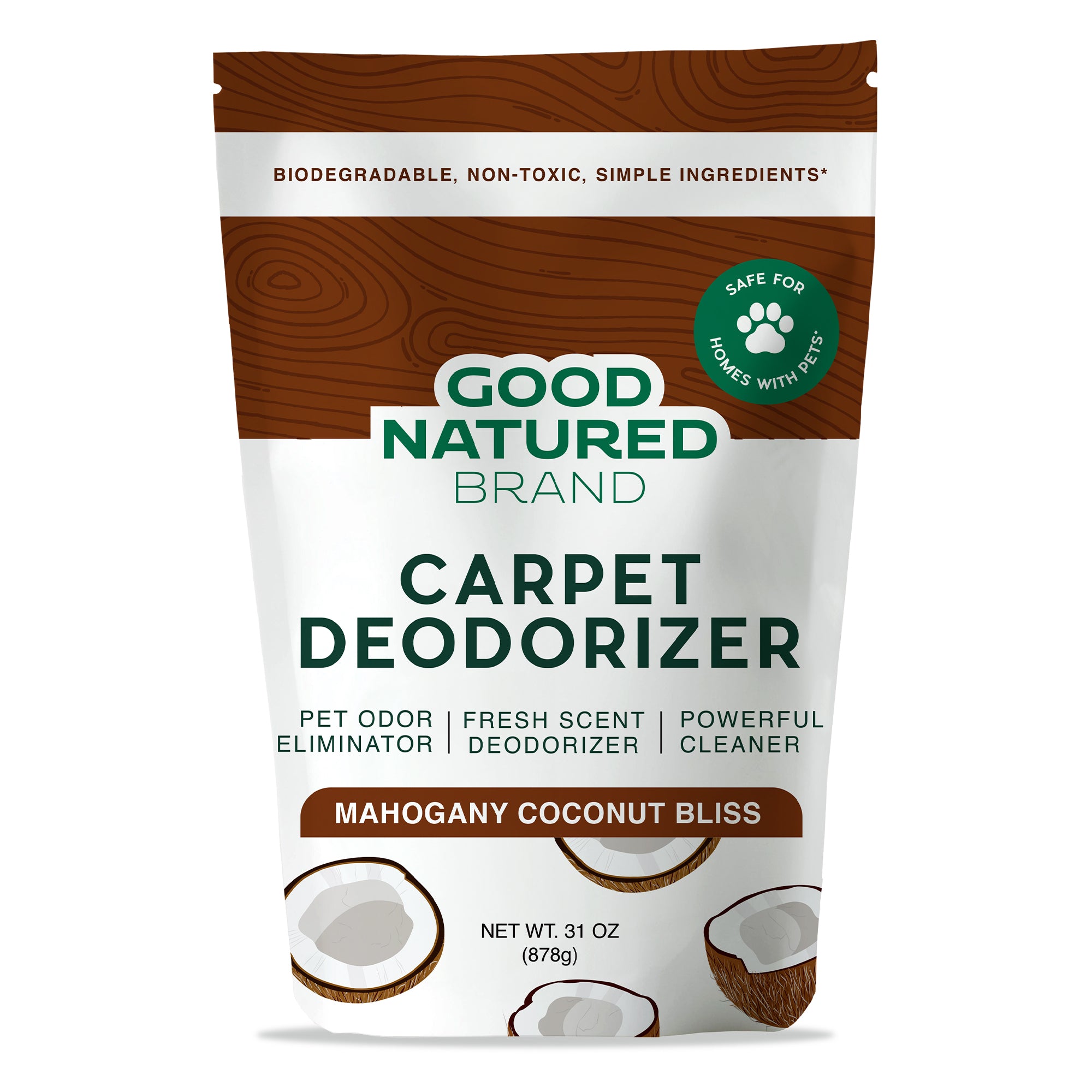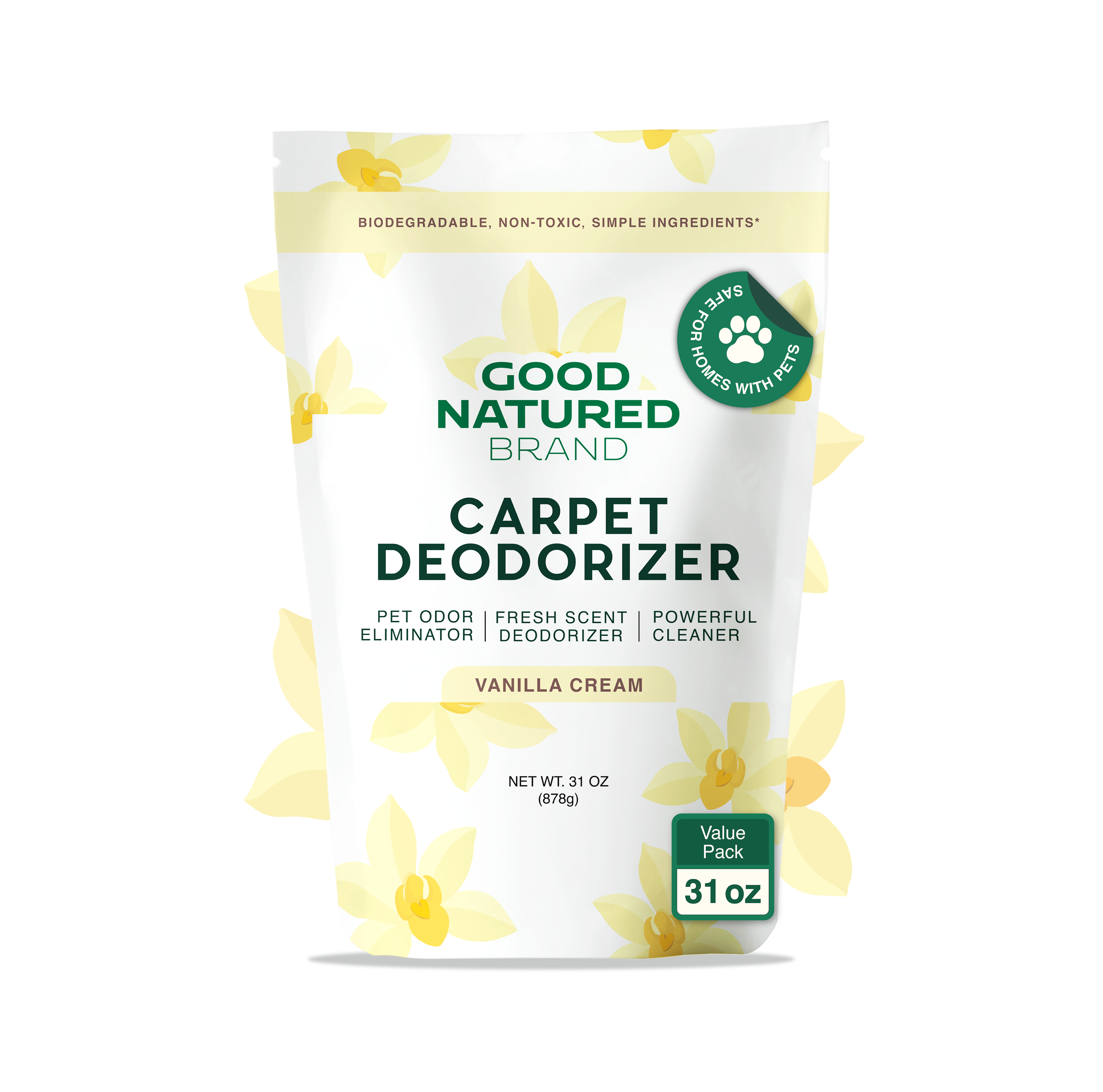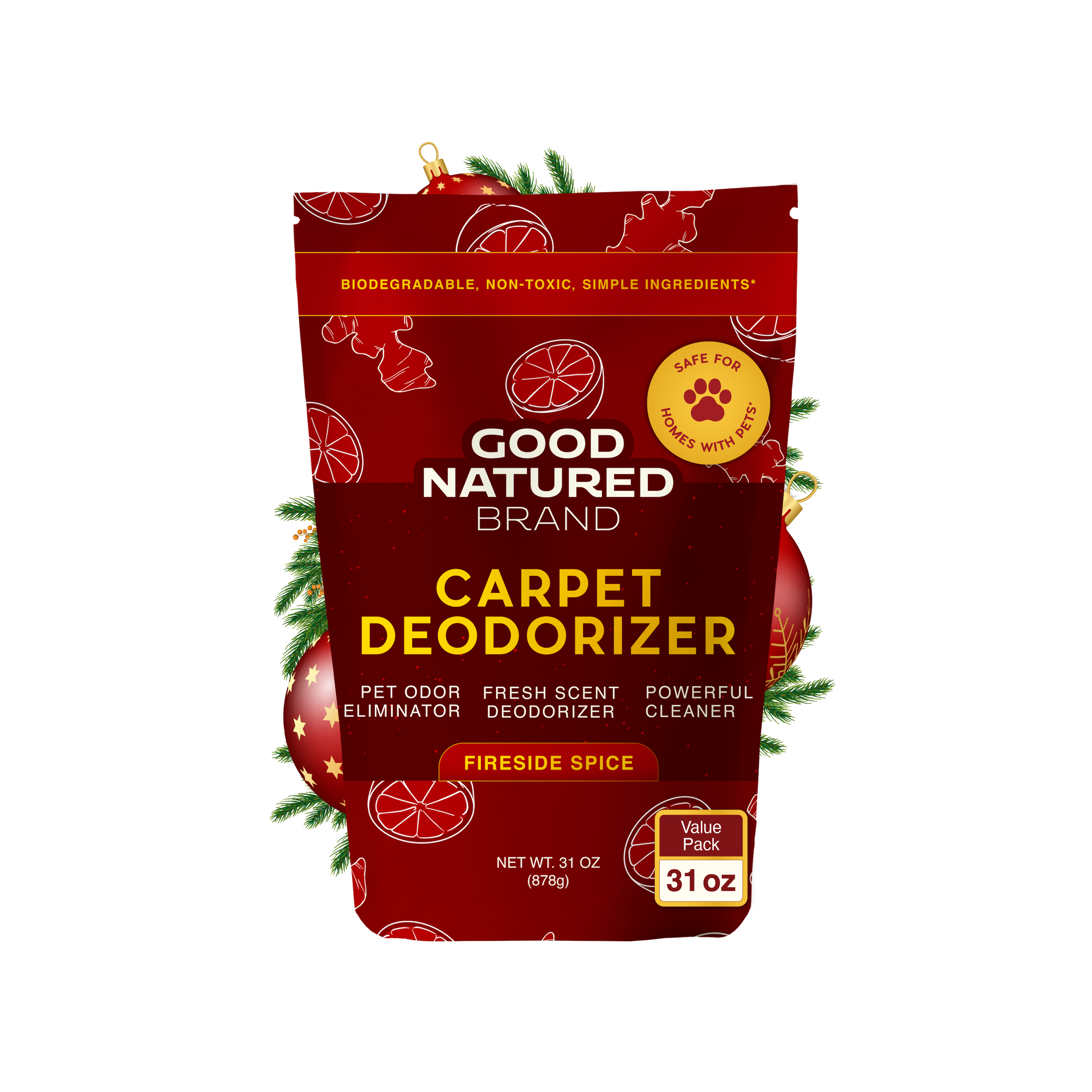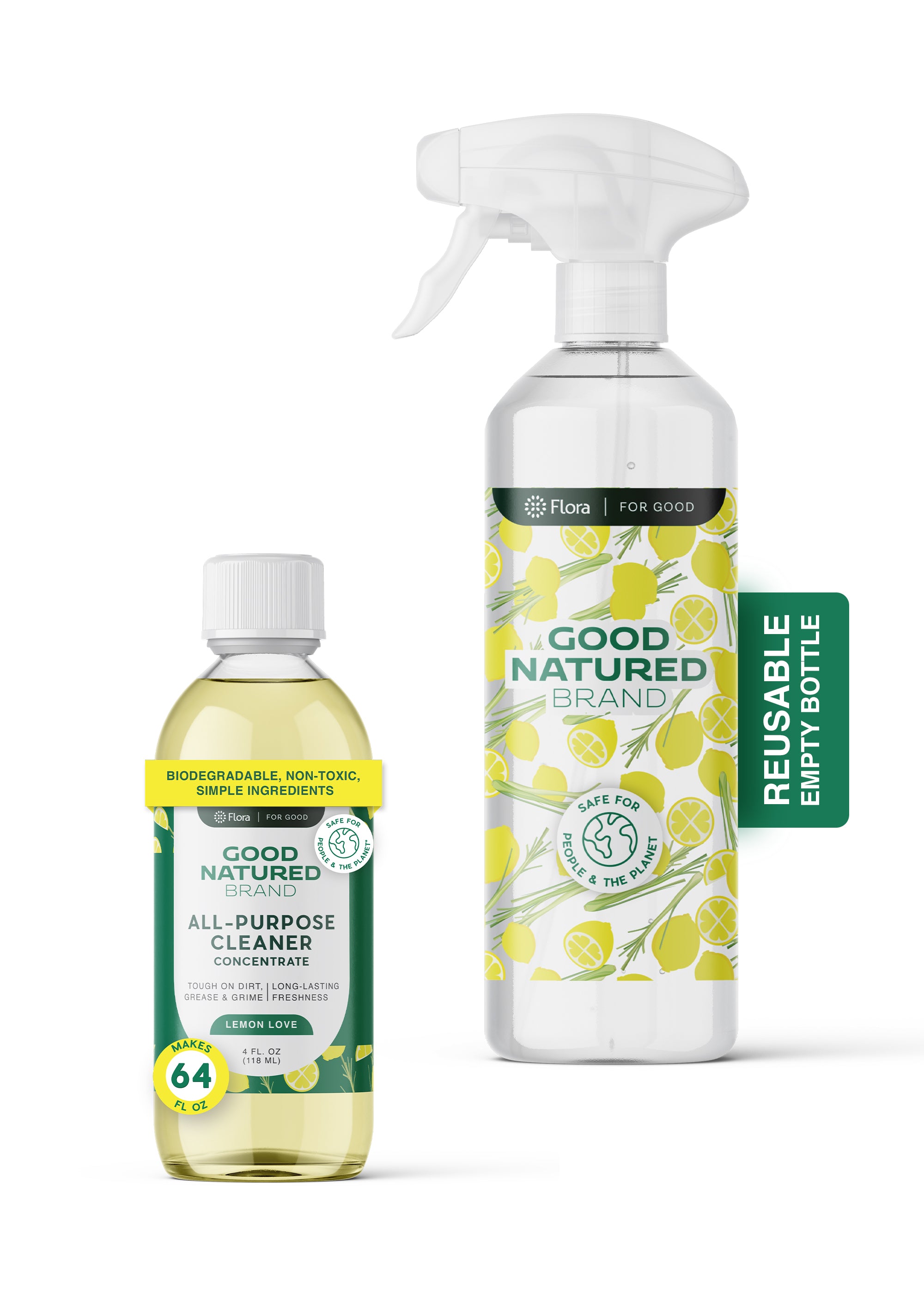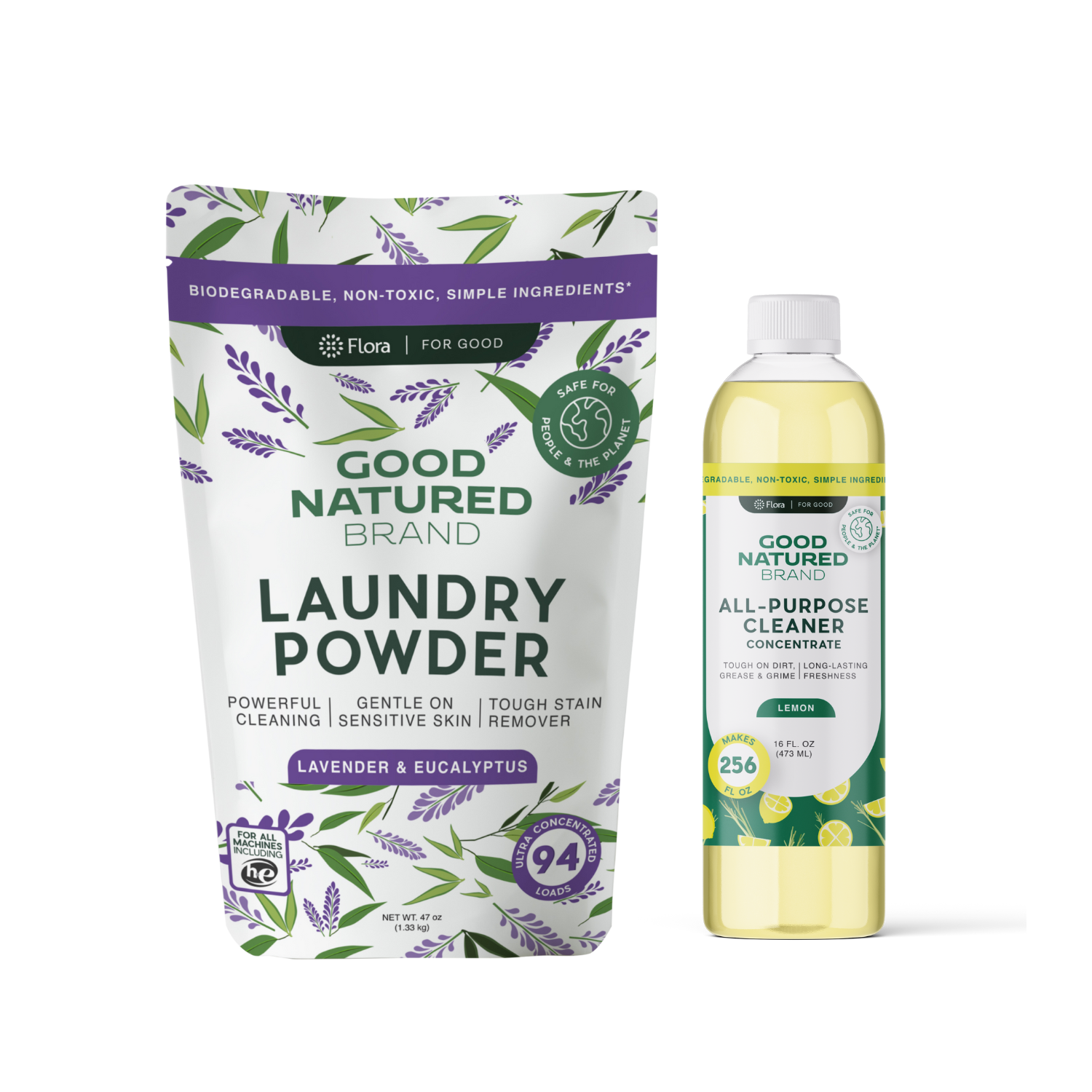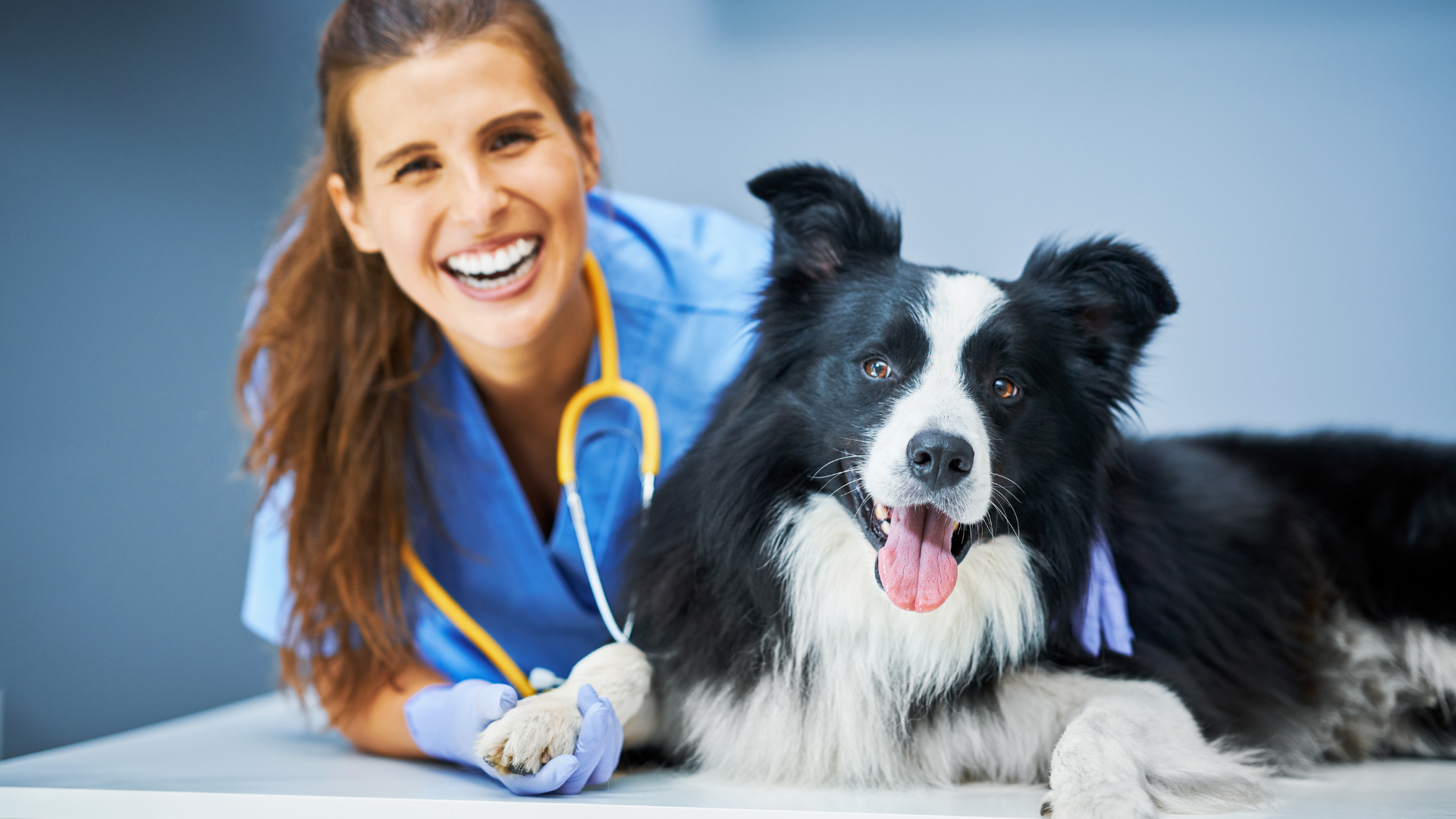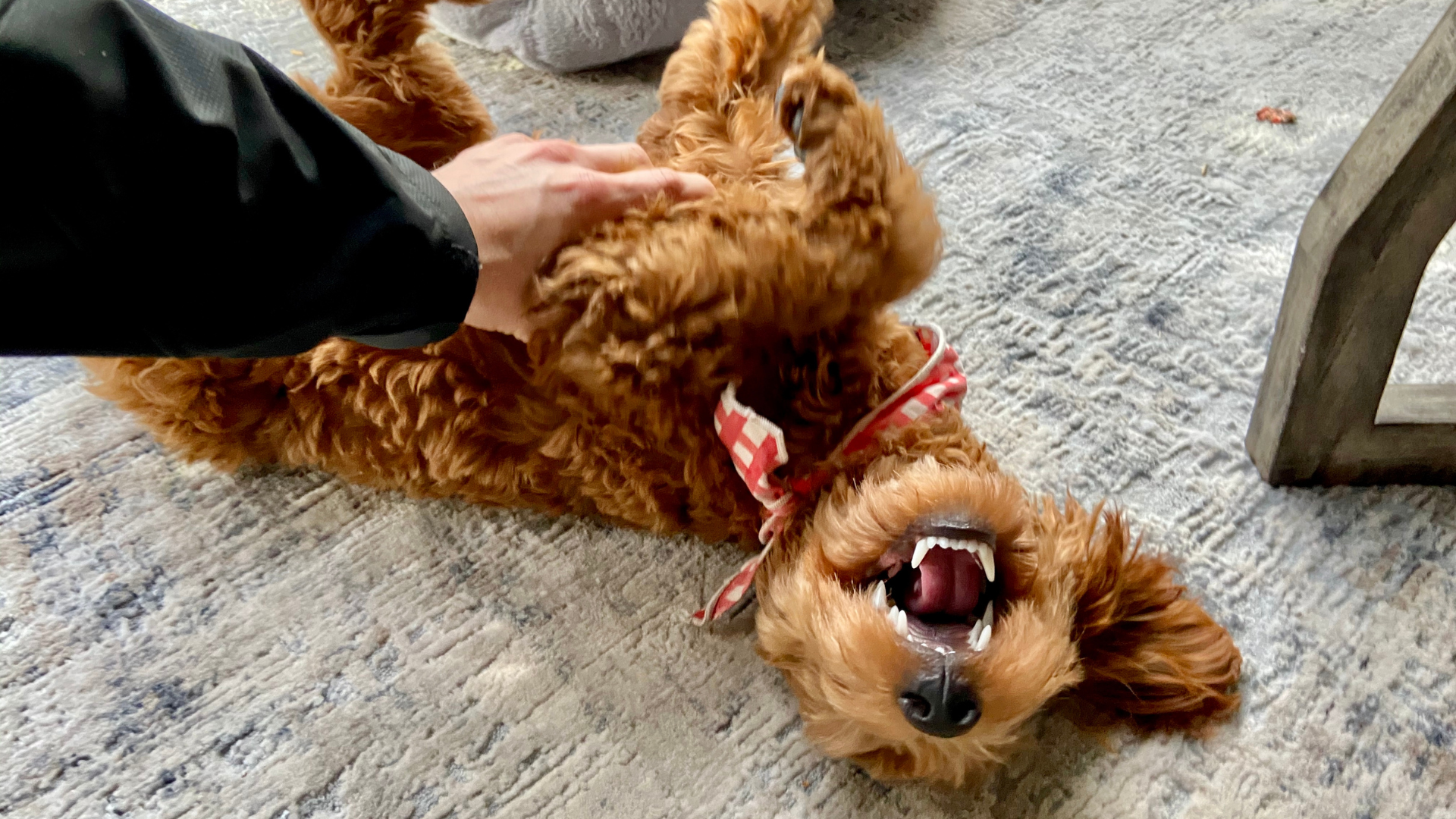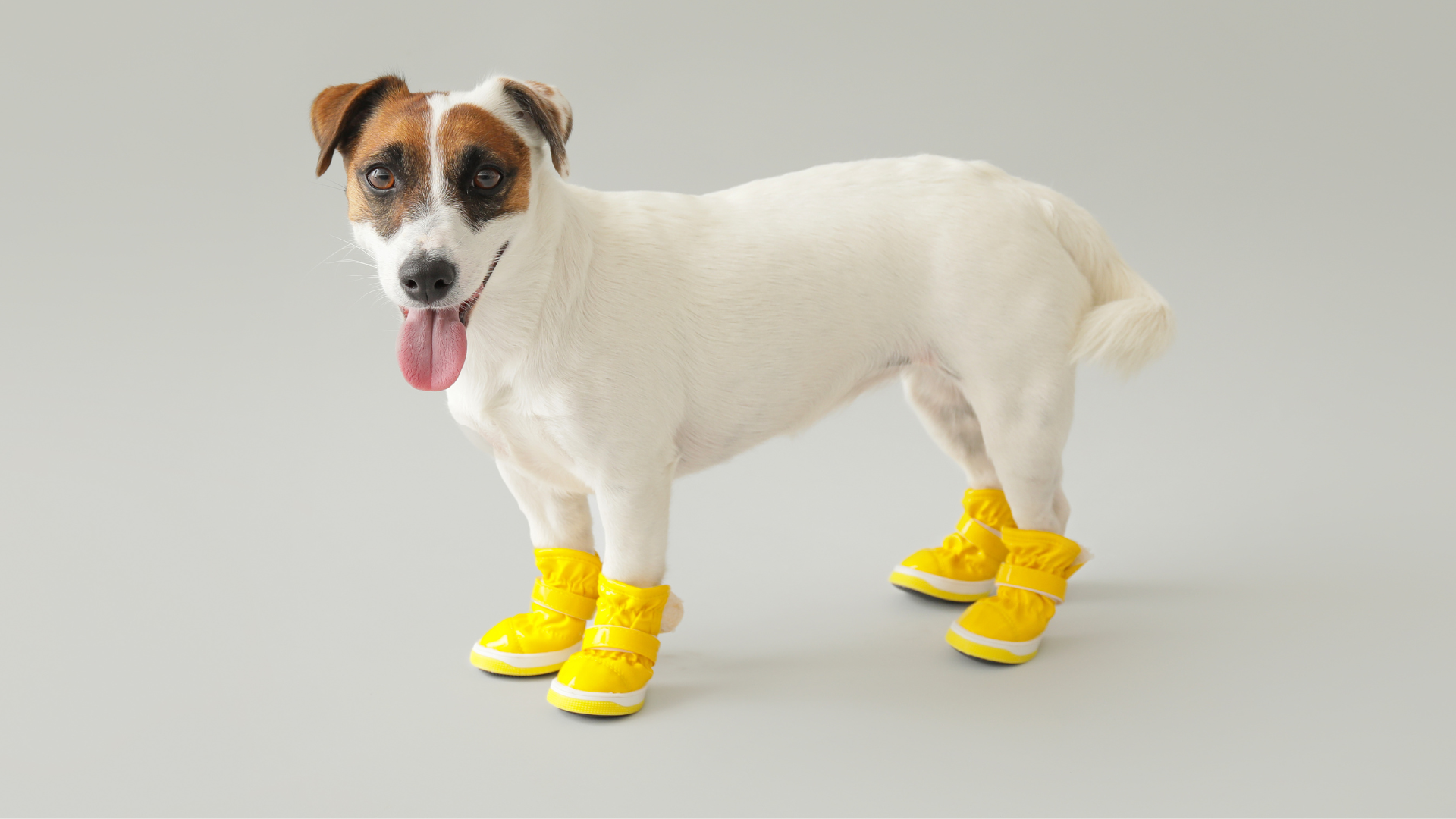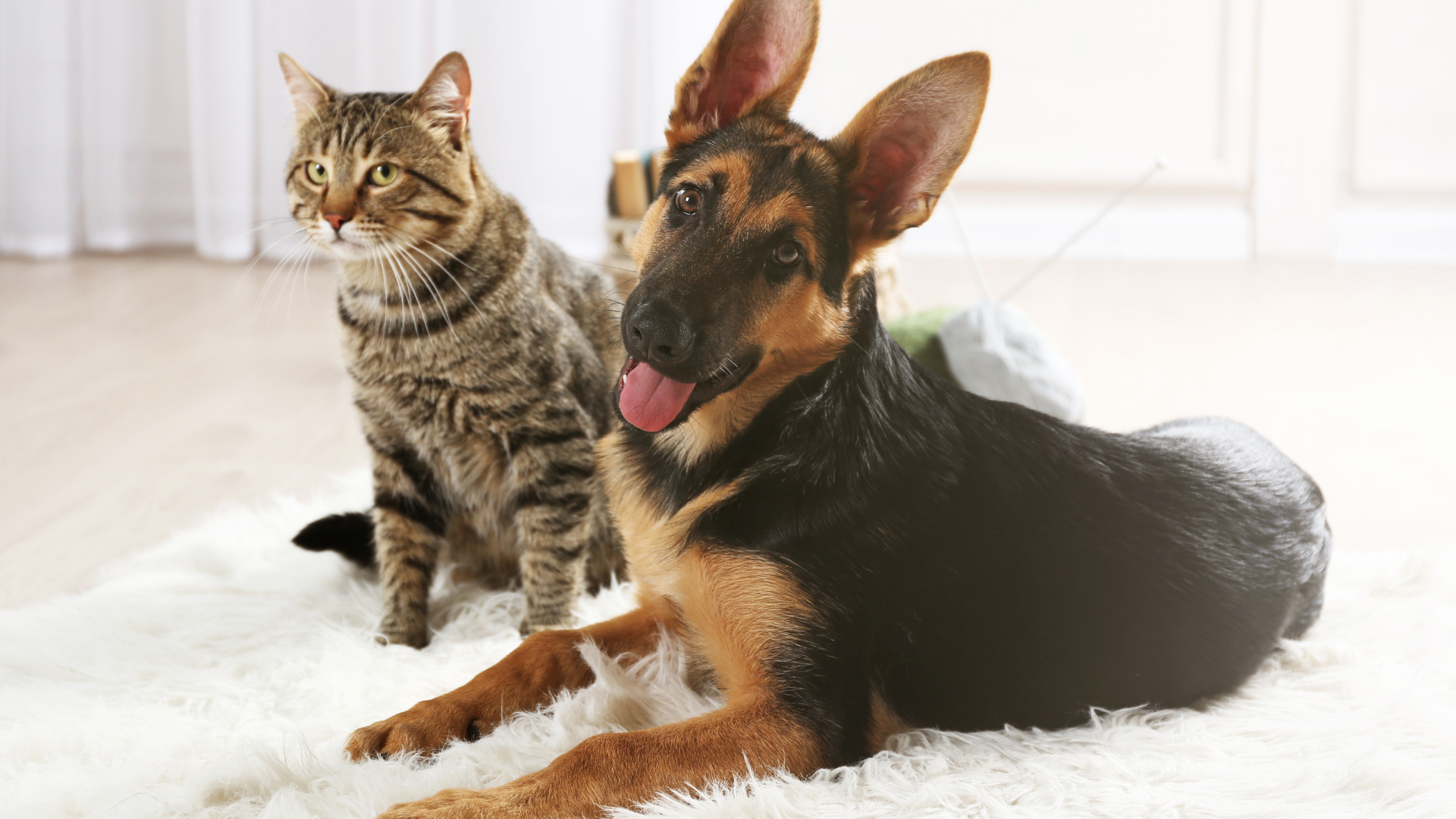As pet parents, we love sharing our food with our furry companions—but not all human foods are safe for dogs. One of the most common household ingredients that can cause serious harm is the onion. Whether raw, cooked, or powdered, onions can be toxic to dogs and even small amounts may lead to dangerous health consequences.
At Good Natured Brand, we know that caring for your pet means understanding what’s safe and what’s not—from the food on their plate to the cleaning products in your home. In this guide, we’ll uncover exactly why onions are bad for dogs, what symptoms to watch for, and how to protect your pup from onion toxicity.
Why Onions Are Bad for Dogs
Onions contain a compound called N-propyl disulfide, a toxic chemical that affects a dog’s red blood cells. When a dog ingests onions, this compound causes oxidative damage to the cells, leading to hemolytic anemia—a condition in which red blood cells break down faster than the body can replace them.
Without enough healthy red blood cells, your dog’s body cannot carry oxygen efficiently, resulting in weakness, fatigue, and in severe cases, organ failure. What makes onions particularly dangerous is that cooking or processing doesn’t eliminate the toxin—even onion powder or dehydrated onions can be just as harmful.
Dogs are far more sensitive to N-propyl disulfide than humans, which means that what’s safe for you can be deadly for your pet. This sensitivity stems from the way dogs metabolize sulfur-containing compounds; their bodies lack the enzymes to break them down safely.
In short: Every form of onion—whether raw, cooked, fried, or powdered—is toxic to dogs and should be avoided entirely.
How Much Onion Is Dangerous for Dogs
You might wonder, “Can a small piece of onion really harm my dog?” Unfortunately, yes. Even small amounts can be dangerous depending on your dog’s size and health condition.
A general rule is that as little as 0.5% of your dog’s body weight in onion can cause toxicity. For example, if your dog weighs 20 pounds, consuming about 1.5 ounces (roughly half of a small onion) could trigger symptoms of onion poisoning.
Since dogs often encounter onions indirectly—in soups, sauces, leftover meals, or seasoned meat—it’s easy for them to consume more than you realize. Onion powder, in particular, poses a hidden threat. Just one spoonful of onion powder can equal an entire onion in concentration.
Key takeaway: No amount of onion is truly safe. When in doubt, avoid all foods that contain any trace of onions.
Types of Onions That Are Dangerous to Dogs
All forms of onions, including those that seem harmless, contain the same toxic properties. Here’s a breakdown of common sources that dog owners should look out for:
-
Raw onions: Often used in salads or sandwiches, these have the highest toxin levels.
-
Cooked onions: Found in soups, gravies, and casseroles—cooking doesn’t make them safe.
-
Onion powder: Commonly used in baby food, sauces, and flavored snacks. Even a small amount can be toxic.
-
Dehydrated onions: Present in instant soups, dips, and packaged meals.
-
Onion rings or fried onions: Dangerous due to both the onion content and unhealthy oils.
Onions also appear in many human-prepared meals that dogs might accidentally eat, like pizza toppings, meatballs, or stir-fries. Always check ingredient labels before offering a “taste” of your food to your dog.
What Happens if a Dog Eats Onions
If your dog accidentally eats onions, symptoms of poisoning might not show immediately. It often takes one to three days for the effects of onion toxicity to become noticeable.
Early symptoms may include:
-
Vomiting or nausea
-
Drooling and loss of appetite
-
Stomach pain or diarrhea
As toxicity progresses, you may notice more severe signs such as:
-
Lethargy or weakness
-
Pale or yellow gums
-
Rapid breathing or panting
-
Elevated heart rate
-
Fainting or disorientation
These signs point to anemia, meaning your dog’s body is struggling to carry oxygen. In extreme cases, untreated onion poisoning can lead to organ failure and death.
If you suspect your dog has eaten onions—even a small amount—it’s crucial to contact your veterinarian immediately. Quick action can prevent the toxin from spreading through your dog’s system and reduce the risk of severe complications.
Keeping Your Home Safe for Dogs
One of the best ways to protect your dog from onion toxicity is by creating a safe, toxin-free home environment. Avoid leaving food scraps on the counter or garbage bins where dogs can reach them, and always check ingredient lists before feeding your pet anything from your plate.
Beyond food safety, it’s also important to keep your home free from chemical hazards. Using eco-friendly, pet-safe cleaning products can help minimize risks from harmful residues that pets might lick or absorb through their paws.
For example, cleaning with the plant-based All-Purpose Cleaners from Good Natured Brand ensures your surfaces stay spotless without exposing your pets to synthetic chemicals. Similarly, freshening up your living space with Carpet Deodorizers keeps the air clean and your home smelling pleasant—all without harsh artificial fragrances.
And for your laundry needs, washing your pet’s bedding, toys, and blankets with Laundry Powders helps remove dirt, odors, and bacteria safely. This kind of holistic pet care routine supports your dog’s overall well-being and reduces everyday risks beyond diet alone.
What to Do if Your Dog Ate Onions
If your dog ate onions, even a small amount, don’t wait for symptoms to appear. Onion toxicity can progress quickly and sometimes take up to three days before visible signs show. The earlier you act, the better the chances of recovery.
Here’s what you should do immediately:
-
Call your veterinarian right away. Explain how much onion your dog might have eaten, what form it was in (raw, cooked, powder), and when it happened. Your vet can determine if emergency treatment is needed.
-
Do not try to treat it at home without professional guidance. While inducing vomiting or giving activated charcoal may help in some poisoning cases, doing so incorrectly can worsen the situation.
-
Follow your vet’s advice carefully. Depending on your dog’s size and health, your vet may recommend bringing your pet in for observation or treatment.
-
Watch for delayed symptoms. Even if your dog seems fine, onion poisoning can develop over several days. Keep monitoring for weakness, vomiting, or changes in behavior.
If the ingestion was recent, your vet might induce vomiting or administer activated charcoal to prevent the toxin from being absorbed. In severe cases, your dog may need IV fluids, oxygen therapy, or blood transfusions to restore red blood cell function.
Quick action is key—onion toxicity is treatable if addressed early.
How to Prevent Onion Poisoning in Dogs
Prevention is always better than treatment. Luckily, it’s easy to create a dog-safe environment with a few mindful habits.
Keep Onions and Onion-Based Foods Out of Reach
Store onions in closed cabinets or drawers, and never leave cooked food or scraps on the counter. Dogs are curious by nature, and the scent of onions—especially cooked ones—can be tempting.
Read Ingredient Labels
Onion powder hides in many store-bought foods such as soups, sauces, gravy mixes, and baby food. Always check ingredient lists, even for snacks that don’t taste “oniony.”
Avoid Feeding Table Scraps
Even if your meal doesn’t taste strongly of onions, it might contain onion or garlic seasoning. Create a strict “no table food” rule for your dog to prevent accidental ingestion.
Educate Family Members and Guests
Let everyone in your household know that onions are dangerous for dogs. Remind them not to share any food containing onions or onion powder.
Maintain a Pet-Safe Kitchen and Cleaning Routine
Use safe, plant-based cleaning products to avoid exposing your dog to harsh chemicals that can irritate their skin or digestive system.
Products like All-Purpose Cleaners from Good Natured Brand are perfect for cleaning kitchen surfaces, food bowls, and floors safely. You can also keep your home fresh without synthetic fragrances using Carpet Deodorizers, which help neutralize odors naturally.
For fabrics, dog beds, and blankets, wash regularly with Laundry Powders to remove dirt and allergens without leaving behind residues that could affect sensitive pets.
These small steps go a long way in creating a toxin-free environment for your dog—and a cleaner, safer home for everyone.
Are Other Foods in the Onion Family Bad for Dogs?
Yes, other vegetables in the Allium family—like garlic, leeks, shallots, and chives—are just as dangerous to dogs. In fact, garlic is even more toxic than onions and can cause similar symptoms in smaller doses.
Here’s a quick comparison:
|
Allium Vegetable |
Toxicity Level |
Common Sources |
|
Onions |
High |
Raw, cooked, powdered, dehydrated |
|
Garlic |
Very high |
Garlic powder, pasta sauces, seasoning blends |
|
Leeks |
Moderate |
Soups, roasted dishes |
|
Chives |
Moderate |
Garnishes, salads, dips |
Even “natural” seasoning blends or home-cooked meals might contain traces of these ingredients. Always err on the side of caution and avoid feeding your dog anything seasoned with Allium vegetables.
Safe Alternatives to Onions for Dogs
If you like preparing homemade dog food or treats, there are plenty of safe and flavorful alternatives you can use instead of onions.
Pet-Safe Flavor Options
-
Pumpkin: Adds a mildly sweet flavor and is great for digestion.
-
Carrots: Provide crunch and natural sweetness.
-
Bell peppers: Offer a crisp texture and a boost of vitamin C.
-
Celery: Adds subtle flavor and hydration.
-
Parsley: Helps freshen breath naturally.
These ingredients give your dog’s food flavor and nutrition without the risks associated with onions or garlic.
Pet-Safe Home Environment
In addition to food safety, maintaining a clean and natural environment helps your pet stay healthy. Regularly freshen your carpets with Carpet Deodorizers to eliminate lingering odors safely. Wash their bedding and toys using Laundry Powders, and use All-Purpose Cleaners for non-toxic cleaning around food and water bowls.
A pet-safe home supports better air quality, hygiene, and overall health—so your dog can thrive in every sense.
My Dog Ate Onions but Seems Fine — What Now?
It’s common for dog owners to assume their pet is safe if no immediate symptoms appear after eating onions. However, onion poisoning often develops gradually.
Monitor your dog for at least 72 hours after ingestion. Watch for:
-
Reduced appetite
-
Pale or yellow gums
-
Weakness or difficulty standing
-
Faster breathing or heart rate
Even if your dog appears normal, contact your vet for advice. Blood tests can detect early signs of red blood cell damage before visible symptoms occur.
Never assume your dog is “in the clear” without professional guidance—early detection saves lives.
Common Foods That Secretly Contain Onions
Many foods you wouldn’t suspect contain onion or garlic in some form. Being aware of these hidden sources can help you prevent accidental poisoning.
Common culprits include:
-
Baby food
-
Gravies and sauces
-
Soups and broths
-
Deli meats and sausages
-
Pre-marinated meats
-
Frozen dinners or leftovers
-
Onion dip and salad dressings
Before sharing any food with your dog, always check the ingredients list. Even a few bites of onion-flavored soup or gravy can lead to trouble.
Frequently Asked Questions About Onions and Dogs
Can dogs eat small amounts of onions?
No. Even tiny amounts can be harmful depending on your dog’s weight and health. There’s no safe dose for onions.
Are onion-flavored chips safe for dogs?
No. Most flavored snacks contain onion or garlic powder, both toxic to dogs.
What should I do if my dog licked onion sauce?
Wipe their mouth immediately and contact your veterinarian. Even a small lick can cause a reaction in sensitive dogs.
Can onions kill a dog?
In severe cases, yes. Onion toxicity can lead to life-threatening anemia if untreated.
How long does onion poisoning last in dogs?
Recovery time depends on the amount ingested and treatment speed. With prompt care, most dogs recover within a week or two.
Final Thoughts: Keeping Dogs Safe from Onion Toxicity
Onions may be a staple in our kitchens, but they pose a serious danger to our furry friends. The key to protecting your dog lies in prevention—avoiding onion-laden foods, staying alert to hidden ingredients, and maintaining a safe, non-toxic home.
By choosing natural, pet-safe cleaning products like All-Purpose Cleaners, keeping your home odor-free with Carpet Deodorizers, and washing fabrics with Laundry Powders, you’re creating an environment where your pet can live comfortably and healthily.
For more tips on pet safety, home care, and eco-friendly living, visit the Good Natured Brand Blog. At Good Natured Brand, we believe that caring for your pets and caring for your home go hand in hand—because a happy, healthy pet starts with a clean, safe, and loving space.
